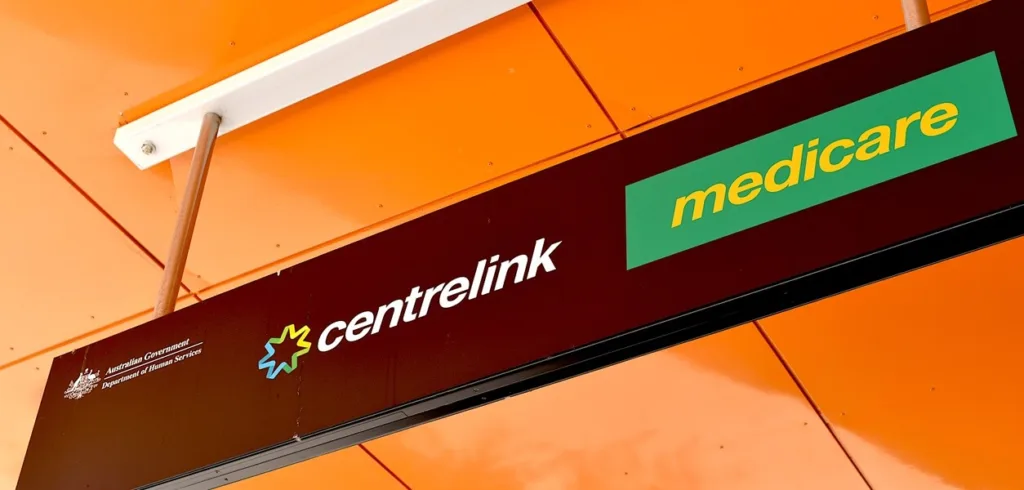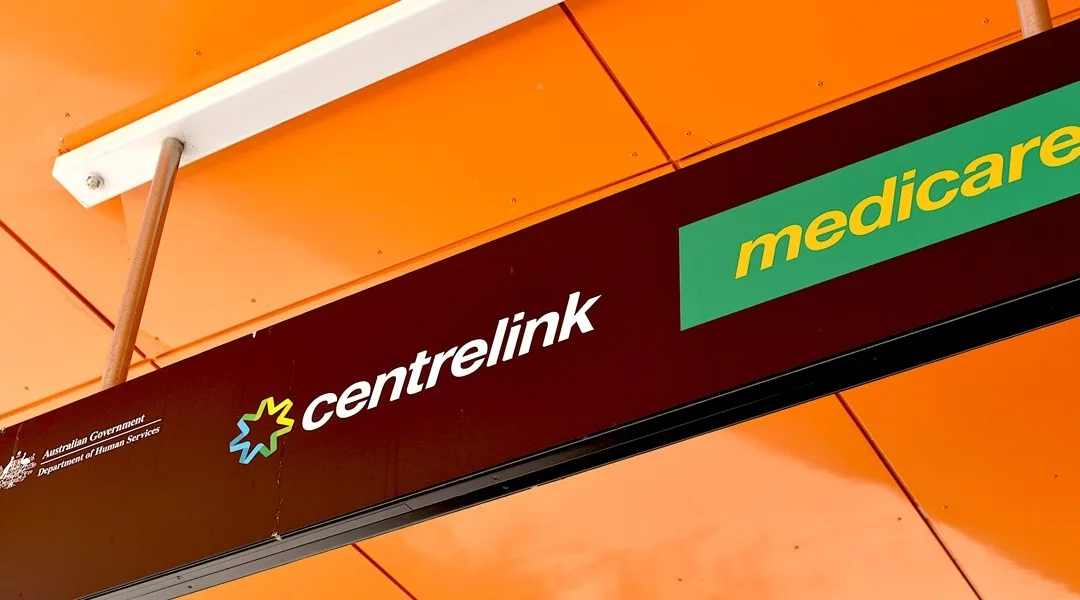
Ever wondered just how much Centrelink really knows about you? You’re not alone. With so much of our financial life now online, many people ask: What can Centrelink access — and what are they legally allowed to do with that information?
These are valid questions — and ones we hear regularly from our members. While the controversial Robodebt scheme is thankfully behind us, it sparked ongoing concerns about surveillance, fairness, and how personal data is used in assessing eligibility for payments like the Age Pension.
This lingering anxiety can show up in many ways — including reluctance to disclose personal relationships, even new romantic ones, for fear of misinterpretation or unintended consequences. These concerns continue to echo the issues raised during the Robodebt era.
While it’s true that Centrelink has significant data-matching powers, it’s also bound by laws that protect your privacy and require decisions to be fair, transparent, and reviewable.
In our experience, a lot of the stress comes from not knowing what to expect — or from hearing horror stories that don’t reflect how things usually work. So we asked Steven Sadler, our calm and experienced Head of Customer Service at Retirement Essentials, to share the five assumptions that still cause the most confusion and concern – and what the rules really say.
Common myths about Centrelink’s data access:
- Centrelink accesses copies of your Australian Tax Office (ATO) records directly from the ATO
- Centrelink monitors your bank accounts in real time
- Centrelink knows all your income and assets detail associated with private companies, trusts and Self Managed Super Funds (SMSFs)
- Centrelink delays applications in order to discourage applicants from persevering
- Centrelink can access your super fund balances
What really happens?
Centrelink and your tax records: The truth about data matching
Centrelink doesn’t directly access your ATO tax records. However, they do perform data matching with the ATO. This means if the income you declare to Centrelink doesn’t align with your ATO records, you may receive a request for clarification. This data matching typically occurs when you’ve lodged a claim.
Takeaway: Always ensure your declared income to Centrelink matches your ATO records to avoid discrepancies.
Your bank accounts: Real-time monitoring is a myth
Centrelink does not monitor your bank accounts in real time. Access to detailed bank information is generally limited to investigations of suspected fraud. While random requests for additional financial information can occur, this is not the same as constant, real-time surveillance.
Takeaway: Centrelink isn’t watching your bank account every minute; specific requests for information are usually linked to fraud investigations or random checks.
Income and asset details from complex structures
It’s a common misconception that Centrelink automatically receives all your income and asset details, especially for those with self-employment income, SMSFs, or private companies/trusts, simply because this information is lodged with the ATO. This is not the case. Centrelink relies on your declared information and uses data matching with the ATO to identify any inconsistencies.
Takeaway: Don’t assume Centrelink has all the details from your ATO filings – you still need to accurately declare your income and assets.
Understanding application processing times, Not ‘go-slows’
Long application processing times aren’t typically ‘go-slows’ to deter you. The reality is that verifying Age Pension and concession card applications is a complex, multi-layered process involving identity, residency, income, and assets. This often requires detailed scrutiny and escalation beyond frontline staff, making rapid approvals rare.
Takeaway: Be patient with Centrelink applications; complexity, not delay tactics, is usually the reason for longer processing times.
Your super fund information
Super funds and life insurance companies do provide updated information to Centrelink twice a year (around March and September). This helps Centrelink accurately ‘deem’ earnings on your balances and understand how your super is being drawn down. You might also need to provide a Centrelink schedule from your super fund, or they can send it directly.
Takeaway: Centrelink receives regular updates on your super balance to accurately assess your entitlements.
Key data sources for Services Australia
The main sources of information provided to Services Australia comes from:
- the Australian Taxation Office (ATO)
- the Department of Employment and Workplace Relations (DEWR)
- other sources to match income information reported by people who get a payment (e.g., banks for interest, employers for wages).
Still have questions? We can help!
Still have questions about Centrelink’s powers or your eligibility? One of the consequences of past anxieties is that many people ‘over-declare’. They are so afraid of making a mistake that they overestimate their wealth or circumstances and end up with less than they are entitled to receive. We can help you gain clarity and ensure you receive every dollar you’re entitled to.
- Firstly, you might want to book one of our Age Pension Consultations. These consultations cost $195 and can help answer your questions in regards to the rules, how they affect you and your entitlements. You’ll gain clarity on complex rules and understand how specific regulations impact your unique situation.
- You can also get advice on how to maximise your entitlements.
And for quick, private answers to your burning questions, don’t forget our free and confidential Retirement Essentials Age Pension Eligibility Calculator.






Since I started part pension with Centrelink, they have consistently made errors in assessing my payments (over estimating what I have). They definitely do not go through information I send. Even when I am on the phone and go through it with them, they make mistakes. I only realise when I go into the portal to update at a later update. When I speak to them about their error, they do not backdate the pay. If only they do their work properly
The best thing to do is take this up with the office of your federal MP. Any problems with federal government departments and agencies are their domain to help fix. It is also important to remember that if you are being assessed under the Assets Test, part of the assets will include your household contents that are not fixtures (such as stove), motor vehicles, collections etc. The amount you declare for these is not the replacement cost, but what you could get for them at a garage sale or second hand. Centrelink has had to recruit a lot of new staff as lots of staff quit or have transferred out as a result of Robodebt problems.
This is a government department they dont care about you or inconveniencing you
Australia is one of the very few countries where when you require you are still controlled by bureaucracy
We need to fight for once we have the pension which most of us have earned we live our final years without scrutiny
If we earn extra money to pay for the baked beans it should be exempt from this excessive scrutiny
Centrelink also update the value of your shares every March and September. The data was possibly 1 to 3 weeks old, and came from Morningstar (I’m referring to systems in place 3 years ago. Hopefully their data collection can now include daily figures).
If your share price drops you can ring Centrelink and ask for a reassessment. You can also ring and ask for a reassessment if the share price rises, but strangely very few customers do this. Odd.
Sothy is so correct.
Errors made by centrelink are very basic and indicates a very poor training programme and high turnover of staff.
Documents and forms down loaded to their website and yet they continue to ask for them.
You would think considering everyone in the UK get a pension that providing them with your Assets and Income would be more than sufficient?
Assets $450,000 = Part pension
Assets > $1,000,000 = No pension.
Application for a pension could be made a hell of a lot simpler than it is. They really dont want it to be though and put everyone in a guilty until proven innocent class. Highly disrespectful.